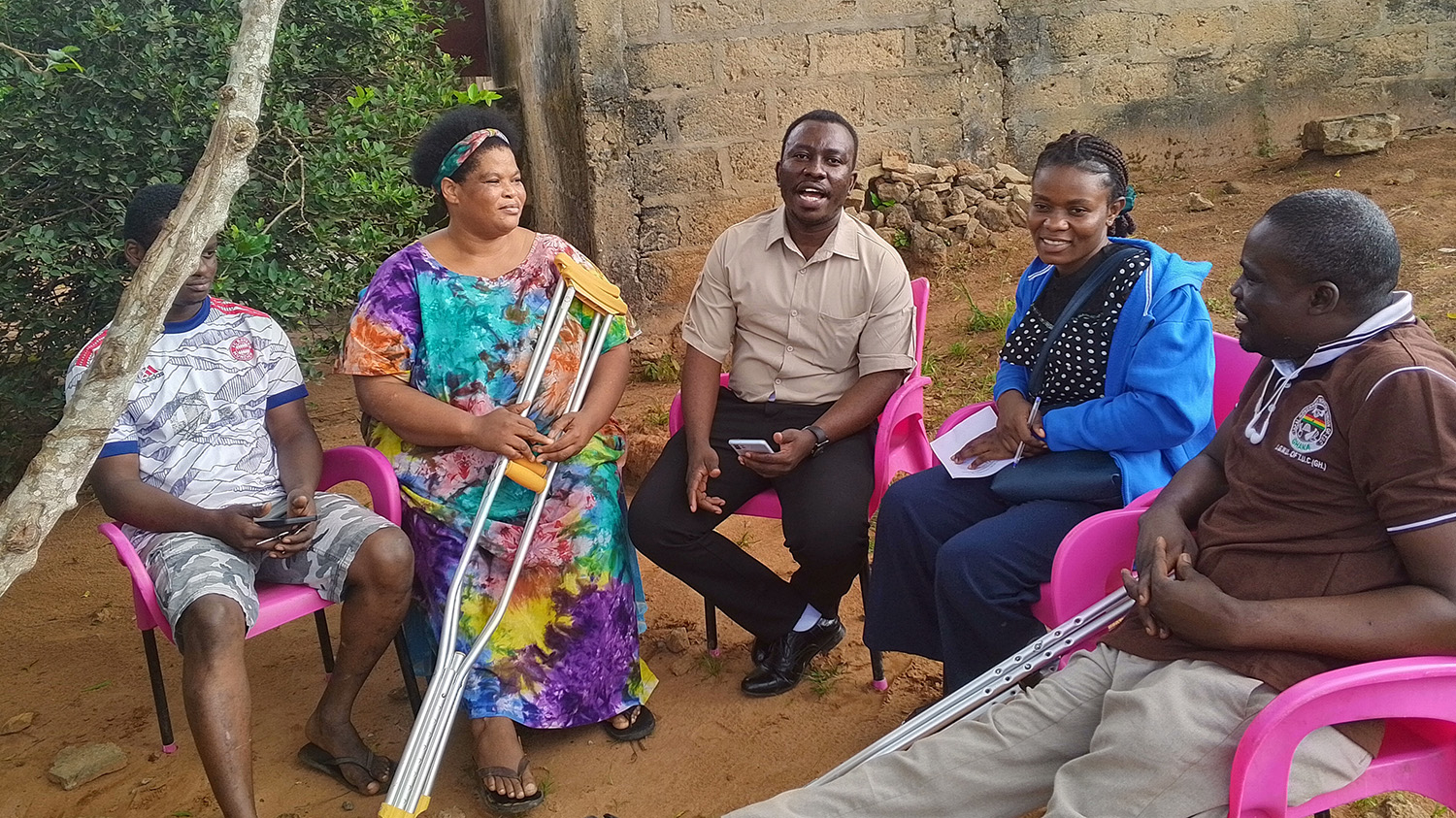
Think about a younger lady dwelling in a rural village in Ghana. She is filled with ambition and desires.
Nevertheless, she faces two important boundaries: she is a lady and he or she has a incapacity. Her aspirations are additional hindered by a scarcity of infrastructure and a supportive neighborhood in her village.
Ladies with disabilities face important discrimination
This isn’t only a story; it’s the actuality for a lot of girls and ladies with disabilities throughout Ghana, who face important discrimination in lots of points of their lives.
In Ghana, 8% of the inhabitants has a incapacity, in response to the 2021 census. Ladies and ladies with disabilities, particularly, face boundaries in accessing sufficient housing, well being, schooling, coaching, employment and decision-making buildings. A number of attitudinal and environmental boundaries, akin to stigma and unfavorable attitudes, discriminatory legal guidelines and insurance policies, the unavailability of assistive gadgets and inaccessible buildings and areas, play a big position.
Because of this Sightsavers has launched a brand new programme to strengthen the civil society illustration of girls with disabilities in Ghana. It goals to develop the capacities of two grassroots organisations to assist girls declare their rights and maintain decision-makers accountable.
Insights from Ghana
To assist our work, we wanted perception into the systemic points that girls with disabilities face in Ghana. In collaboration with the Alliance for Higher Advocacy and Information (ABAK) Basis and the Ladies with Incapacity Improvement and Advocacy Organisation (WODAO), we undertook a complete gender equality and social inclusion (GESI) evaluation in six areas throughout Ghana with contributors together with girls with disabilities, authorities establishments, opinion leaders, civil society and neighborhood gatekeepers. Its findings supplied useful insights and actionable suggestions to advertise gender equality and social inclusion.
In response to the GESI evaluation, 61.5% of respondents from the ABAK Basis recognized social norms as boundaries, 49.4% reported unfavorable therapy from well being care suppliers and 62.3% said that entry to schooling remained a big problem. Equally, the evaluation highlighted that 61.5% of respondents in WODAO recognised cultural obstacles, 61% believed well being care boundaries existed and 48% noticed the dearth of entry to schooling as a significant concern.



